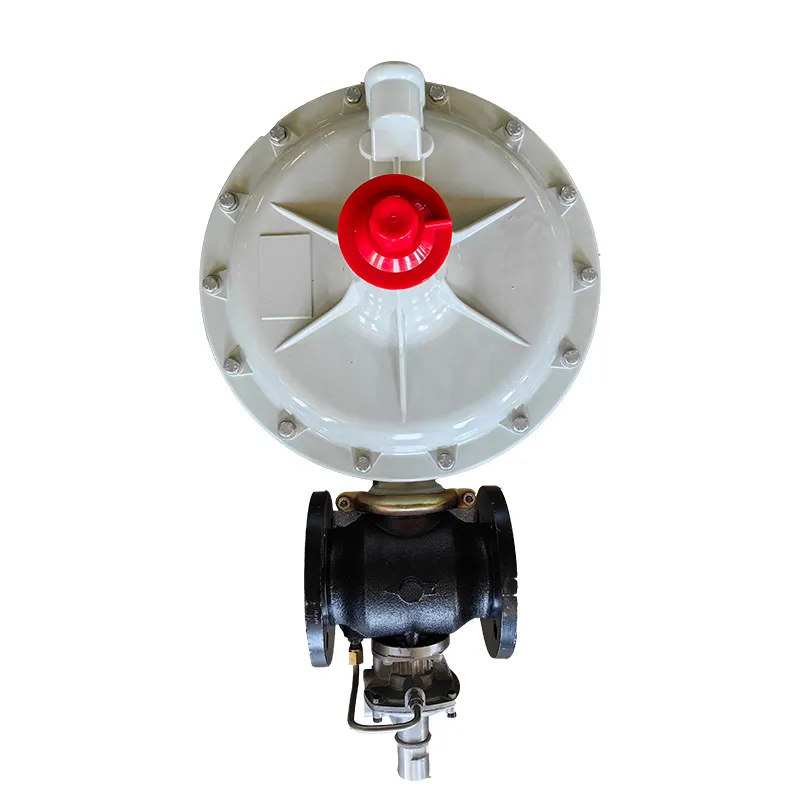
Dec . 15, 2024 17:39
Back to list
Natural Gas Filter Gap Analysis and Optimization Techniques
Understanding the Natural Gas Filter Separator
Natural gas is a vital energy source, playing a key role in various industrial processes and residential applications. However, the extraction and processing of natural gas often introduce impurities that need to be removed before it can be safely transported and utilized. This is where the natural gas filter separator comes into play, serving as an essential component in the purification process.
What is a Natural Gas Filter Separator?
A natural gas filter separator is a device designed to separate and remove contaminants from natural gas. These contaminants can include water, dust, sand, and other particulate matter that may have been introduced during the extraction process. The filter separator ensures that the natural gas meets the required quality standards for transportation and usage, thus preventing damage to pipelines, combustion engines, and other equipment.
How Does It Work?
The operation of a natural gas filter separator is based on a combination of physical principles, primarily gravity and filtration. The device typically consists of a cylindrical vessel where gas flows through in a controlled manner. As the gas enters the separator, its velocity decreases, allowing heavier particles and liquids to settle at the bottom due to gravity. This process effectively separates aerosols and droplets of liquid from the gas phase.
In addition to the gravitational separation, filter media inside the separator captures finer particles. These filters can be made from various materials, such as mesh or fabric, capable of trapping solids and liquids effectively. The design of the separator allows for easy access to the filter components, enabling maintenance and replacement without significant downtime.
.
1. Improved Gas Quality By removing contaminants, filter separators enhance the quality of natural gas, ensuring that it is suitable for end-users. High-quality gas contributes to more efficient combustion processes, leading to reduced emissions and better overall performance.
فاصل مرشح الغاز الطبيعي

2. Protection of Equipment Contaminants can cause significant wear and tear on pipelines and machinery. By using a filter separator, operators can minimize the risk of corrosion, fouling, and other forms of damage, which can be costly to repair.
3. Operational Efficiency A cleaner gas supply results in smooth operational processes. This improves the efficiency of gas processing plants and downstream applications, providing economic benefits in the long run.
4. Safety The removal of flammable contaminants from natural gas reduces the risk of explosive situations. Safety is paramount in handling natural gas, and effective filtration contributes to accident prevention.
Challenges and Considerations
While natural gas filter separators are essential, there are challenges associated with their design and operation. Factors such as flow rate, temperature, and pressure can influence the separator's efficiency. Additionally, the accumulation of captured particles requires regular maintenance and monitoring to ensure optimal performance.
Moreover, as the natural gas industry moves toward more environmentally friendly practices, filter separators may need to adapt. Innovations in materials and design can further enhance their efficiency, contributing to a cleaner, safer energy future.
Conclusion
Natural gas filter separators are critical for the processing and transportation of natural gas, ensuring that the final product is safe, clean, and efficient for use. By investing in high-quality filtration systems, the natural gas industry can continue to thrive while maximizing operational efficiency and safeguarding both equipment and the environment.
Latest news
-
Safety Valve Spring-Loaded Design Overpressure ProtectionNewsJul.25,2025
-
Precision Voltage Regulator AC5 Accuracy Grade PerformanceNewsJul.25,2025
-
Natural Gas Pressure Regulating Skid Industrial Pipeline ApplicationsNewsJul.25,2025
-
Natural Gas Filter Stainless Steel Mesh Element DesignNewsJul.25,2025
-
Gas Pressure Regulator Valve Direct-Acting Spring-Loaded DesignNewsJul.25,2025
-
Decompression Equipment Multi-Stage Heat Exchange System DesignNewsJul.25,2025

